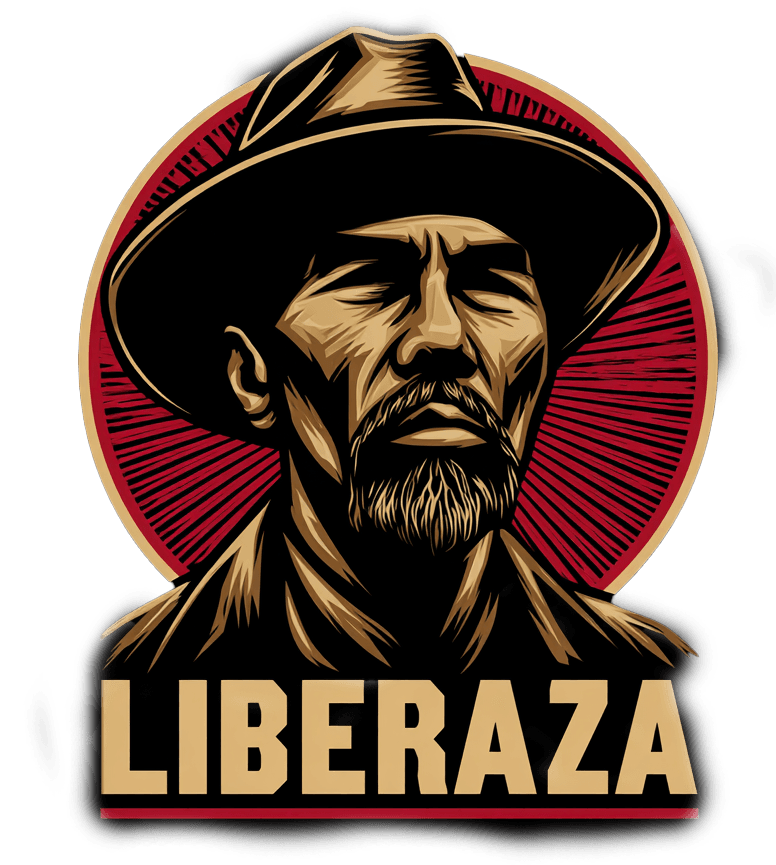Judge Signals a Historic Rebuke of ICE in Southern California: What It Means for Immigrant Rights
LS
A legal showdown years in the making
Southern California has endured six weeks of dawn raids, military‑style checkpoints, and detentions that swept up U.S. citizens alongside undocumented residents. On July 10, civil‑rights lawyers finally got their day in court—and U.S. District Judge Maame Ewusi‑Mensah Frimpong made it clear she was not convinced by the government’s tactics. In a packed downtown L.A. courtroom, she told Justice Department attorneys that the record showed “significant constitutional concerns,” then said she was inclined to grant a temporary restraining order (TRO) limiting how Immigration and Customs Enforcement can operate across Los Angeles and six surrounding counties. Courthouse NewsABC7 Los Angeles
What the lawsuit demands
Filed by the ACLU of Southern California and a coalition of cities, the suit claims ICE agents stop Latino residents “first and ask questions later,” relying on skin color, language, and zip code rather than individualized suspicion. Plaintiffs introduced videos of masked agents detaining shoppers outside grocery stores and carpenters at job sites—often without warrants. They also pointed to internal DHS emails describing arrest‑quota “benchmarks” of 3,000 detentions a day nationwide. ACLU of Southern CaliforniaThe Daily Beast
Key limits the judge is considering
Judge Frimpong’s tentative order would bar ICE from:
- Stopping or arresting anyone without reasonable suspicion of a specific immigration violation.
- Using race, ethnicity, accent, or workplace type as factors in determining suspicion.
- Transporting detainees before they have an opportunity to contact a lawyer.
- Blocking legal observers or family members from verifying where detainees are held. ABC7 Los AngelesJURIST
- While the TRO would be temporary—lasting until a full hearing on the merits—it would dramatically curb the “roving raids” that have dominated headlines since early June and triggered nightly protests around MacArthur Park. CalMatters
Why this matters beyond Los Angeles
Federal courts have long held that immigration agents need reasonable suspicion to detain someone, but enforcement practices often push that boundary. A written TRO would set a high‑profile precedent that communities outside traditional border zones can still challenge large‑scale ICE operations when they appear blanket or discriminatory. Constitutional scholars note that the ruling would also clarify how Mims v. U.S. Fourth‑Amendment standards apply to civil immigration arrests conducted far from ports of entry. Los Angeles Times
Reactions on the ground
ACLU attorney Jessica Bansal called the judge’s comments “a breakthrough for due‑process rights,” saying hundreds of Latino Angelenos have been stopped “for looking the part.” Courthouse News
Acting ICE Director Todd Lyons told ABC7 the agency’s methods are “data‑driven,” arguing agents target behavior, not ethnicity. Yet he admitted collateral arrests may rise when “multiple immigration violators are present.” ABC7 Los Angeles
Governor Gavin Newsom praised the tentative order, tweeting that “California will not stand for racial profiling.”
Local business owners remain divided: some say raids scare away employees; others applaud what they see as overdue enforcement.
What comes next
Judge Frimpong requested additional briefing on procedural safeguards and could issue the formal TRO as soon as Friday, July 25. The Justice Department has already signaled it will appeal to the Ninth Circuit if the order is finalized. A hearing on a preliminary injunction—which could extend protections for the duration of the case—may follow later this summer. In the meantime, community groups are bracing for potential retaliation raids or jurisdictional tug‑of‑war between state and federal agencies. Courthouse News
How residents can protect themselves
Know your rights cards (ACLU, Spanish & English) clarify that you can refuse to answer questions and request a lawyer.
Rapid‑response hotlines like the Coalition for Humane Immigrant Rights of Los Angeles (CHIRLA) field detainment alerts 24/7.
Record encounters (where legal) and note badge numbers. Videos were pivotal evidence in this lawsuit.
Attend city‑council meetings: several L.A. suburbs are debating “sanctuary” ordinances that could further limit local cooperation with ICE.
The bigger picture
Whether you view the raids as a security necessity or an abuse of power, Judge Frimpong’s forthcoming decision underscores a central question: Can immigration enforcement respect constitutional boundaries in America’s largest immigrant hub? The answer will reverberate nationwide, affecting policy from New York warehouses to Georgia farm fields.
If the TRO becomes permanent, it may force DHS to abandon tactics critics liken to “stop‑and‑frisk on wheels” and invest in more targeted investigations. Should the Ninth Circuit strike it down, communities will likely push for state‑level protections—and the legal tug‑of‑war will continue.
For now, Southern California immigrants and their allies wait, watch, and organize. The courtroom may be hundreds of miles from the strawberry rows in Oxnard or the garment shops in South L.A., but its ruling will shape daily life in those places for years to come.
